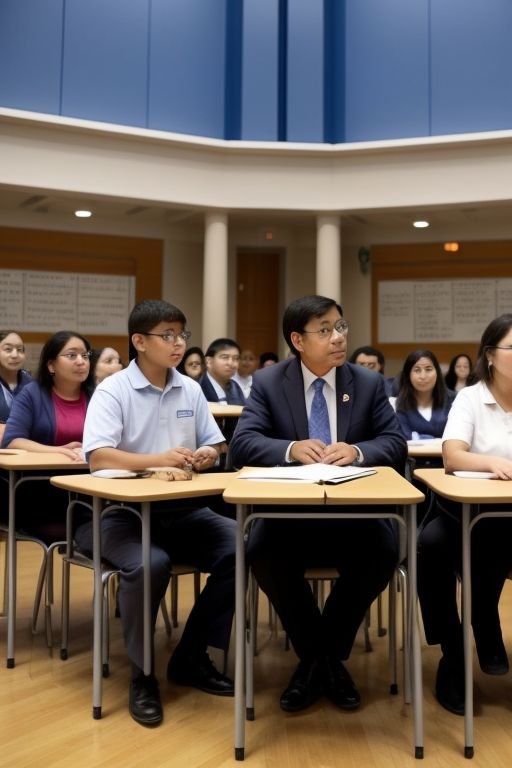The debate around education reform has been vigorous and evolving, reflecting changes in societal values, technological advancements, and pedagogical theories. The past two decades in the United States have notably seen three major eras of school reform. Initially, there was a significant focus on the No Child Left Behind Act during the Bush administration, which emphasized achievement gaps and adequate yearly progress as key measures of success. This era was characterized by a heavy reliance on standardized testing and high-stakes accountability.
As concerns over excessive testing and the narrowing of curriculum grew, attention shifted towards the Obama administration’s Race to the Top and the Common Core State Standards, marking a transition from testing and accountability towards standardizing reading and math standards across states. This period saw debates over the role of federal versus state control in education, as well as discussions about the content of academic standards themselves.
More recently, the discourse has moved beyond traditional policy debates to encompass cultural conflicts, such as those around race-based curriculum and pedagogies. This shift reflects broader societal tensions and a move away from policy-centric reforms to those driven by cultural and ideological differences. This era has also seen a steady interest in school choice as a reform aligned with populist skepticism towards institutional power, although it has not dominated the conversation to the same extent as previous reforms.
These shifts in educational reform reflect not only changes in educational policy but also broader societal transformations. The rise in accountability, for example, can be traced back to a broader decline in public trust in professions since the mid-1960s, leading to increased demands for external accountability across various fields. However, the approach to accountability in education has been critiqued for often being external and punitive, focusing on narrow metrics of success without necessarily providing the support needed to improve educational practices and outcomes.
Education is also seen as particularly susceptible to external regulation due to its historical struggles with serving underprivileged students, its organizational challenges, and its central role in addressing economic, social, and cultural objectives. These challenges have prompted discussions about the need for internal accountability within schools, where educators engage in continuous self-examination and improvement based on a collective view of professionalism.
As the debate continues, it’s clear that any effective reform must navigate the complex interplay between policy, practice, cultural values, and the diverse needs of students. It requires a multifaceted approach that respects the expertise of educators, acknowledges the local context of schools, and aligns reform efforts with the broader goals of equity and quality in education.


